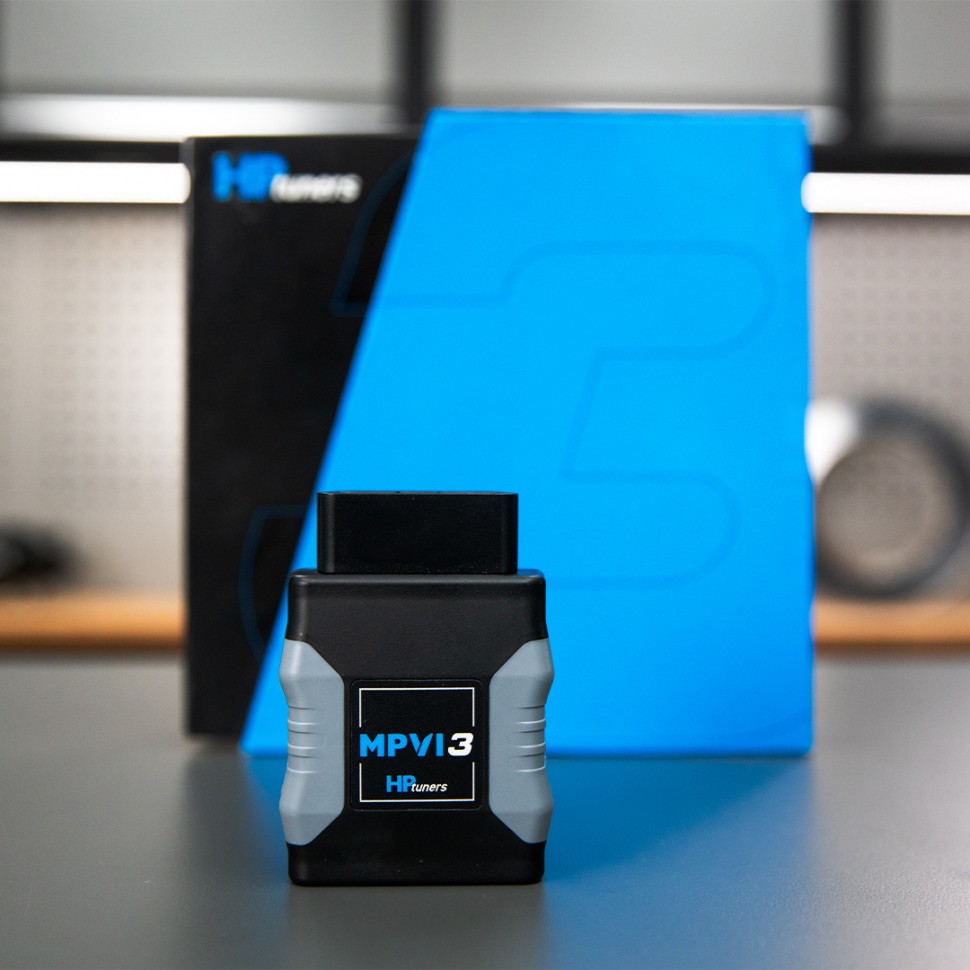| 00:00 |
- I'm Andre from the High Performance Academy and I'd like to welcome you to the Engine Building Fundamentals course.
|
| 00:06 |
This course will give you the knowledge and skills to correctly assemble engines while avoiding costly mistakes.
|
| 00:14 |
You will learn how to decide on the correct tolerances for you application and see how to use specialised measuring equipment to confirm the tolerances are correct.
|
| 00:24 |
This course will be focused on four stroke, spark ignition engines, however we will be learning universal concepts that are not specific to a particular type of engine.
|
| 00:37 |
Building or assembling an engine can be an immensely satisfying task for many of us to complete.
|
| 00:43 |
And performing this work yourself allows you to have complete control over the entire process.
|
| 00:49 |
You will know exactly what components are inside the engine, where they were sourced from, and what power level and RPM they're capable of supporting.
|
| 01:00 |
If you're prepared to take the time to learn the fundamentals of engine building, practise the practical application of these techniques, and you're patient, you can often produce an end result that's better than many of the professionally assembled engines available, particularly when it comes to dimensional accuracy and consistency.
|
| 01:23 |
Perhaps you're a home enthusiast who's contemplating the next step in your project and you'd like to take on the challenge yourself.
|
| 01:31 |
Or maybe you run a performance workshop and would like to bring your engine assembly in-house instead of relying on others.
|
| 01:39 |
Either way this course is going to be perfect for you.
|
| 01:44 |
When it comes to the majority of engine shops in the industry they must carefully balance the amount they charge for a job with the number of hours that a technician spends.
|
| 01:55 |
As the old saying goes, "Time is money", and this is certainly true when it comes to engine assembly.
|
| 02:02 |
What this often means is that a wider tolerance might be deemed acceptable when assembling an engine rather than stopping and spending the extra time to correct those dimensions.
|
| 02:14 |
When we take the time to ensure everything is right this will often result in an engine that produces a little more power, revs a little smoother, uses a little less oil, produces less blow by and even lasts longer.
|
| 02:31 |
Now of course that's not to say that it's impossible to find an engine builder who is capable of working to exacting standards but sadly they're the exception rather than the norm and they'll quite rightly demand a hefty premium for their services and often have a backlog of work that stretches for months.
|
| 02:51 |
This can make it appealing to begin the journey of learning to build engines yourself.
|
| 02:57 |
The other area a lot of enthusiasts have concerns with in the engine building industry is what sort of warranty an engine builder will offer with an engine.
|
| 03:07 |
This is a complex issue and of course there are two sides to consider.
|
| 03:13 |
For the engine builder there are a thousand things that are outside of their control once the engine has left their workshop.
|
| 03:20 |
But from the customer's perspective they've paid good money to the engine builder and would expect that they will stand behind their work.
|
| 03:28 |
Too many times I've heard horror stories about engine failures that resulted in a finger pointing contest and nobody prepared to take any responsibility for the outcome.
|
| 03:39 |
While unfortunate and expensive this is often the norm in the industry.
|
| 03:45 |
For me this was one of the reasons I began assembling my own engines.
|
| 03:50 |
This gave me complete control over the assembly process and when I was finished with the engine I'd have complete confidence that it was built correctly.
|
| 04:00 |
It's important to point out that if you're only interested in assembling a single engine then you are unlikely to save yourself money in comparison to having that engine assembled by a professional shop.
|
| 04:13 |
All the other benefits I've listed still stand however there will be some initial investment in specialist equipment that you are going to need to make and this needs to be weighed up with your decision.
|
| 04:26 |
Of course quality tools have a long life and if you plan on assembling a few engines then this can be factored in.
|
| 04:34 |
For some enthusiasts though the cost is secondary to being able to do the work themselves and have complete control over yet another aspect of their project.
|
| 04:45 |
This course won't cover in detail the process of machining an engine block or engine components.
|
| 04:52 |
This work is simply beyond the realm of the home enthusiast as it requires potentially hundreds of thousands of dollars worth of specialty equipment as well as extensive experience in how to correctly operate it.
|
| 05:06 |
On this basis this course assumes that you'll be working with an automotive machine shop in order to perform the raw machining of your engine ready for assembly.
|
| 05:17 |
We will detail the common processes that a machine shop will apply to your engine components though so that you can talk the same language as the machinist.
|





